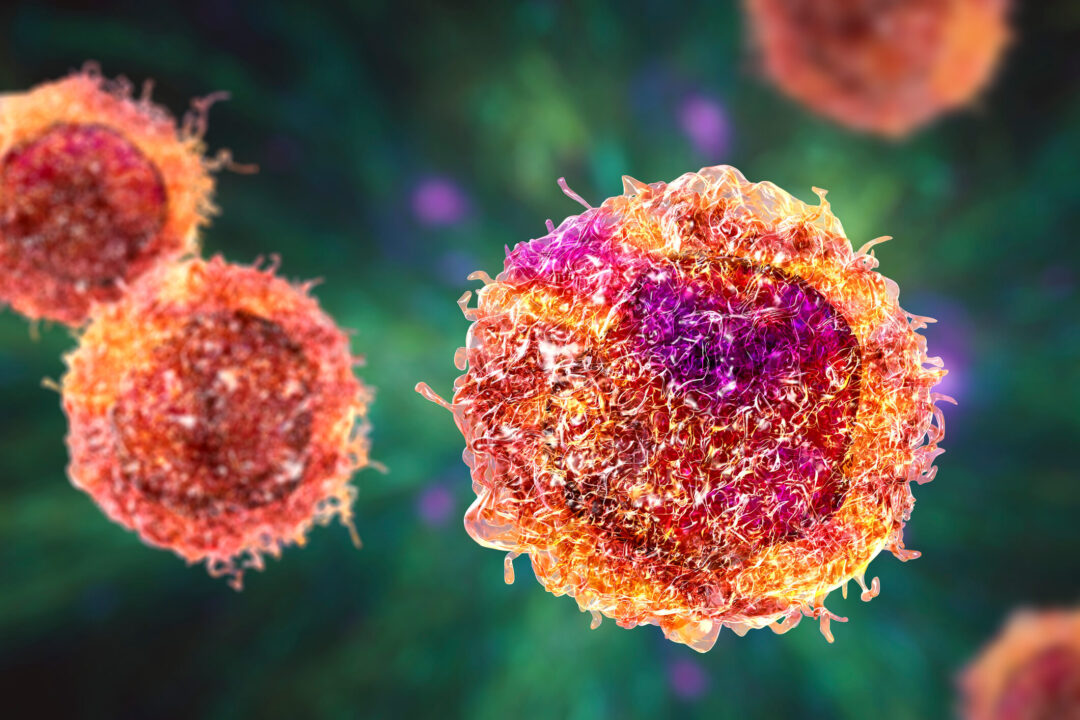Featuring:
Co-Moderators:
- Jeff Bockman, PhD, Expert Advisor, EVP, Oncology, Lumanity
- Viraj Parekh, Managing Consultant, Oncology Lead, Lumanity
Panelists:
- Andrew Allen, President, CEO, Co-Founder, Gritstone bio
- Jens Bjørheim, CMO, Ultimovacs
- Livija Deban, PhD, CSO, Prokarium
- Sari Pesonen, Co-Founder, CSO, Valo Therapeutics
- Lauren Wood, MD, CMO, PDS Biotechnology
Cancer vaccines have had a long and frustrating journey over three decades, essentially since the dawn of the modern age of commercial oncology. Cancer vaccines, along with cytokines, and then oncolytic viruses, have been part of the origin story for what, back in the day, was the fringe area of Tumor Immunology. Despite numerous clinical trials across multiple tumor types with a wide variety of immunization platforms (e.g., peptides, poxviruses, etc.) with a small set of predefined antigens or an undefined set of multiple antigens (e.g., gp100 and MAGE to whole cell lysates of cell lines or patient tumors), the results had been, until recently, fairly consistent: promising immune data, hints of clinical activity, but by and large minimal evidence of impact on ORR and/or OS.
Of course, most of the time this work was being carried out was BC – Before Checkpoints. But even over the past decade or so, and even with the advent of new targets, whether new tumor-associated antigens or personalized neoantigens, and again across various vaccine platforms, the data remained similar, with strong correlative data demonstrating immune activation but mostly minimal or modest at best clinical benefit being observed. Yet, there has been enough tantalizing data to drive continued investment, and even some partnerships, over the years. And the pipeline of immunotherapies has continued to have a substantive percent of cancer vaccines.
And then we come to the past few years, and few weeks even, with the recent AACR data on the Modern/Merck melanoma vaccine, a personalized neoantigen vaccine using mRNA as the immunization platform, in combination with Merck’s checkpoint inhibitor Keytruda, in an early line of therapy (KEYNOTE-942 was a randomized trial assessed the efficacy of mRNA-4157/V940 in prolonging RFS in patients with resected, stages IIIB/IIIC/IIID and IV melanoma when given in combination with SOC pembrolizumab in the adjuvant setting). At last, we see substantive clinical data, with more vaccine readouts over the coming months from BioNtech, Gritstone, Ultimovacs, etc.
Have we arrived at last at the golden hour for cancer vaccines? And what has changed: accessibility of checkpoint inhibitors to counter, at least in part, the immunosuppressive tumor microenvironment (TME), or is it the platforms used for immunization, including adjuvants, or the neoantigen targets, or the earlier line of therapeutic intervention, or some combination of these? Our illustrious panel of vaccine experts, reflecting a diverse range of cancer vaccine technologies, will engage in an enlightening dialogue around these factors as we hopefully stand on the verge of the Dawn of the Age of Cancer Vaccines.
Webinar – Tuesday, June 27, 2023
11:00-12:15pm EDT / 16:00-17:15pm GMT
Attendees Learned:
- Preclinical requirements for attracting Pharma interest
- Clinical development strategy for optimizing chances of achieving POC/POR
- Some ways to best position a cancer vaccine program/platform for investment or partnerships









